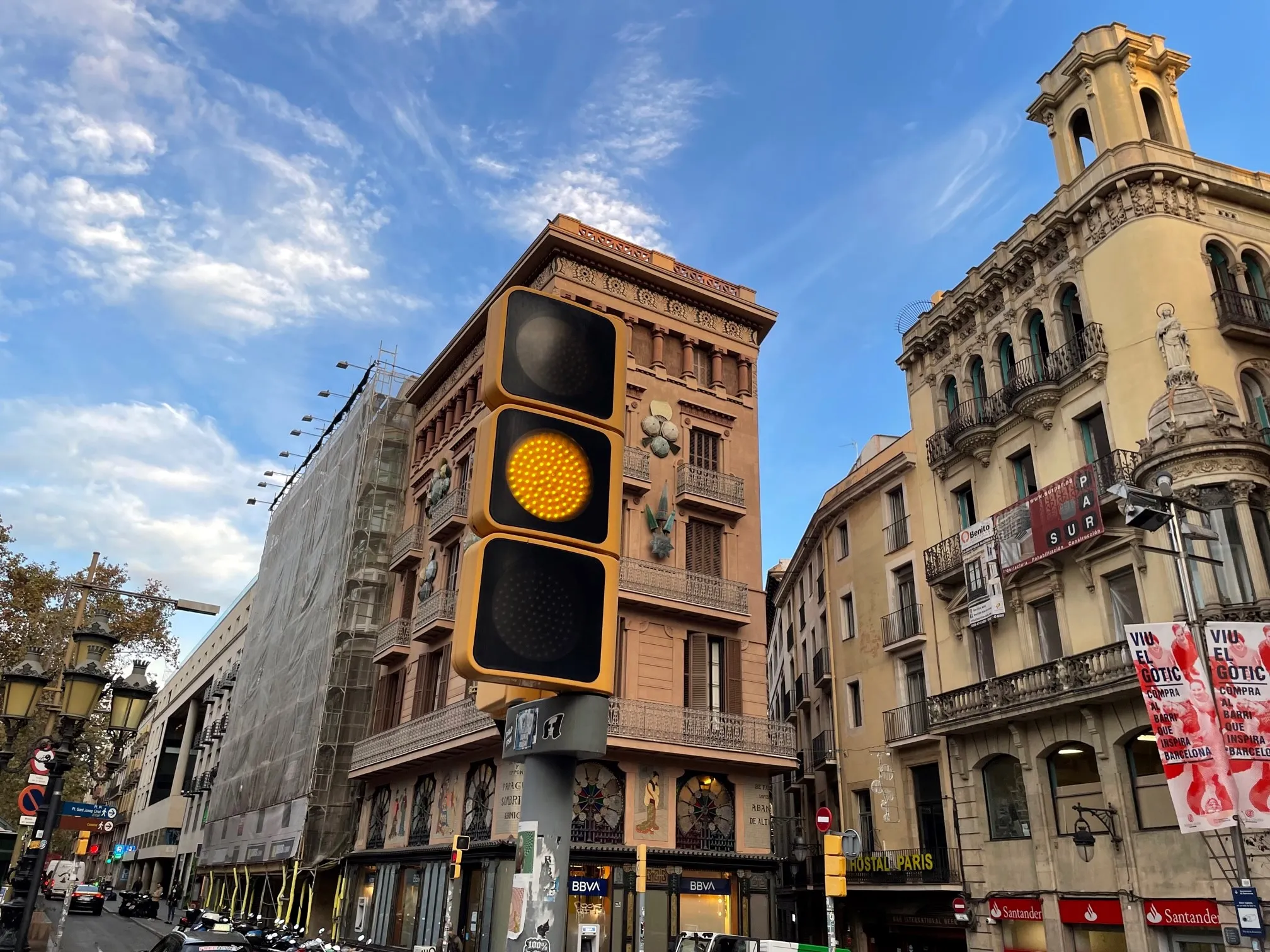A major step towards greener urban public transport was made this week with the launch of the first ZeEUS (Zero Emission Urban Bus System) demonstration in Barcelona. The flagship project is the first of its kind to test 12 metre-plus electric buses in real operation.
Barcelona is the first demonstration site of the UITP-coordinated ZeEUS project, with core demonstrations in seven other European cities to follow: London and Glasgow; Stockholm; Münster and Bonn, Plzen and Cagliari. In total, 35 plug-in hy
October 16, 2014
Read time: 2 mins
A major step towards greener urban public transport was made this week with the launch of the first ZeEUS (Zero Emission Urban Bus System) demonstration in Barcelona. The flagship project is the first of its kind to test 12 metre-plus electric buses in real operation.
Barcelona is the first demonstration site of the UITP-coordinated ZeEUS project, with core demonstrations in seven other European cities to follow: London and Glasgow; Stockholm; Münster and Bonn, Plzen and Cagliari. In total, 35 plug-in hybrid, full electric and battery trolley buses built by six European manufacturers will be tested by local operators.
For the demonstration in Barcelona, local operator TMB (Transports Metropolitans de Barcelona) will test four full electric buses: two standard i2e Irizar buses and two articulated Solaris buses.
The i2e is a standard 12 metre bus from Spanish manufacturer Irizar and is one of Europe’s first 100 per cent full electric buses with a range of up to 200-250 kilometres. The bus, which uses sodium-nickel batteries together with ultra-capacitors, will be charged overnight in the TMB’s Triangle depot and is also capable of storing the energy produced during braking. The first unit began circulating with passengers along Barcelona bus lines on 18 August.
The 18m bus, also produced in Europe from one of Europe’s leading bus manufacturers, Polish company Solaris, will be charged along the route itself via ‘opportunity charging’. The charging system supplies an electric charge of 400 kW CC to the bus through a retractable pantograph on the roof. The two 18m articulated buses aim to be operational in June 2015.
The Barcelona demonstration, which is led by TMB and involves ENDESA, ENIDE, UPC, IDIADA, GMV, Irizar and Solaris, will run until February 2017.
“Bus fleets have been a testing ground for alternative fuels and engines for many years, but today 95% of all buses still use fossil fuels,” said Umberto Guida, ZeEUS project director. “With this project we are well on the way to greener and smarter transport systems for our cities and electric vehicles will play a critical role in cleaning our air, making our towns and cities quieter and more enjoyable places to live and work.”
Barcelona is the first demonstration site of the UITP-coordinated ZeEUS project, with core demonstrations in seven other European cities to follow: London and Glasgow; Stockholm; Münster and Bonn, Plzen and Cagliari. In total, 35 plug-in hybrid, full electric and battery trolley buses built by six European manufacturers will be tested by local operators.
For the demonstration in Barcelona, local operator TMB (Transports Metropolitans de Barcelona) will test four full electric buses: two standard i2e Irizar buses and two articulated Solaris buses.
The i2e is a standard 12 metre bus from Spanish manufacturer Irizar and is one of Europe’s first 100 per cent full electric buses with a range of up to 200-250 kilometres. The bus, which uses sodium-nickel batteries together with ultra-capacitors, will be charged overnight in the TMB’s Triangle depot and is also capable of storing the energy produced during braking. The first unit began circulating with passengers along Barcelona bus lines on 18 August.
The 18m bus, also produced in Europe from one of Europe’s leading bus manufacturers, Polish company Solaris, will be charged along the route itself via ‘opportunity charging’. The charging system supplies an electric charge of 400 kW CC to the bus through a retractable pantograph on the roof. The two 18m articulated buses aim to be operational in June 2015.
The Barcelona demonstration, which is led by TMB and involves ENDESA, ENIDE, UPC, IDIADA, GMV, Irizar and Solaris, will run until February 2017.
“Bus fleets have been a testing ground for alternative fuels and engines for many years, but today 95% of all buses still use fossil fuels,” said Umberto Guida, ZeEUS project director. “With this project we are well on the way to greener and smarter transport systems for our cities and electric vehicles will play a critical role in cleaning our air, making our towns and cities quieter and more enjoyable places to live and work.”









